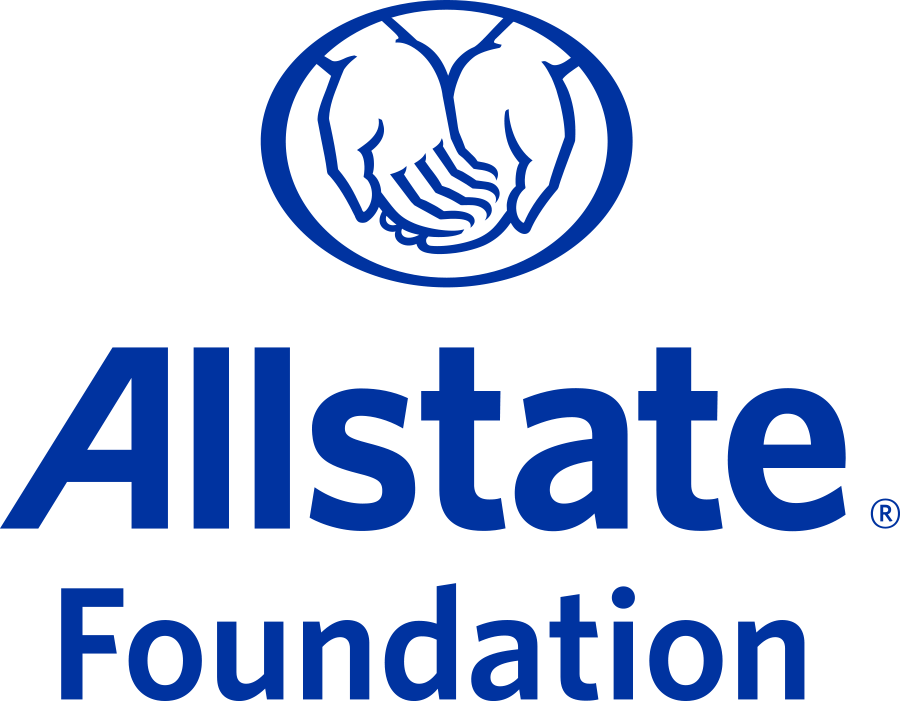The Prohibit Abortions After the First Trimester Amendment
The object statement on the circulating petition was: “The object of this petition is to amend the Nebraska Constitution to provide that except when a woman seeks an abortion necessitated by a medical emergency or when the pregnancy results from sexual assault or incest, unborn children shall be protected from abortion in the second and third trimesters.”
The ballot measure would amend Article I of the Nebraska Constitution. The following text would be added: “Except when a woman seeks an abortion necessitated by a medical emergency or when the pregnancy results from sexual assault or incest, unborn children shall be protected from abortion in the second and third trimesters.”
How It Impacts Survivors
The Prohibit Abortions After the First Trimester Amendment takes away Nebraskans’ right to abortion except in situations involving rape or incest. However, these exceptions only add barriers for survivors of sexual violence and do not account for domestic violence tactics that can lead to unintended or unwanted pregnancies.
The amendment lacks clear processes for these exemptions. Nationally only 30% of survivors report to law enforcement and of those less than 15% are convicted [1]. Survivors often do not disclose their abuse to anyone and forcing them to recount details to ‘prove’ they were sexually assaulted is incredibly retraumatizing.
These exemptions do not account for reproductive coercion where abusers may tamper with or destroy birth control, prevent accessing to contraceptives, manipulate their partner into becoming pregnant, or force their partner to continue a pregnancy. Individuals who experience birth control sabotage are twice as likely to experience an unintended pregnancy [2].
Forcing someone to carry a pregnancy after violence can worsen their trauma and put their health at serious risk. Pregnancy is a particularly dangerous time for people in domestic violence situations, where abusers may use the pregnancy to further manipulate and exert power over survivors. Homicide is the leading cause of death for pregnant women in the U.S. [3].
Access to safe abortion is crucial for the health and safety of survivors of sexual and domestic violence. Even when exceptions are made for rape and incest, survivors often face complex legal hurdles, delays, and increased risk.
This amendment fails to recognize the urgent needs of survivors and instead makes it harder for them to get the help they need. Voting against 434 is a vote to protect survivors from added barriers in seeking help.
Sources


